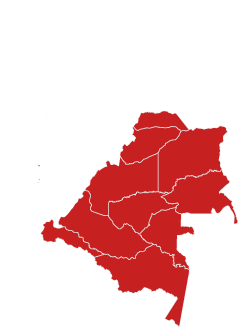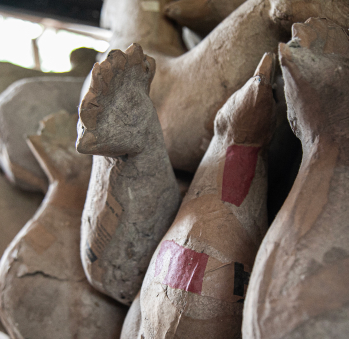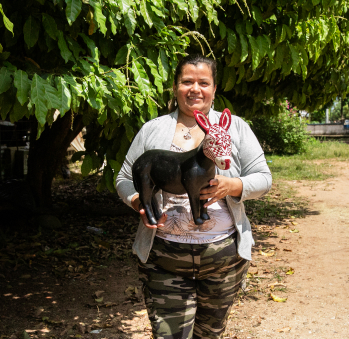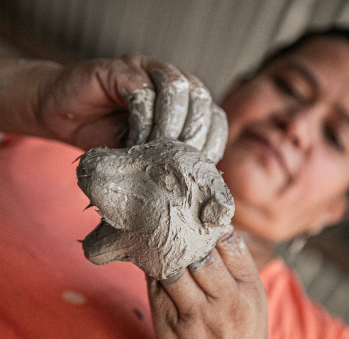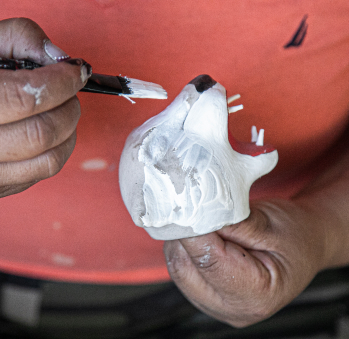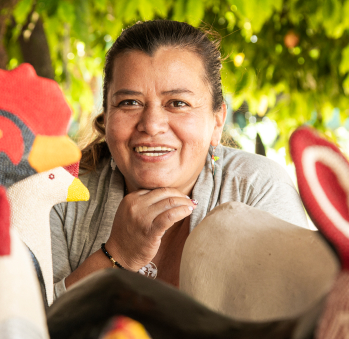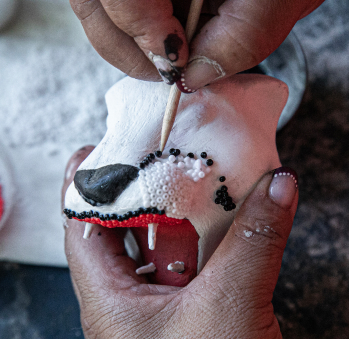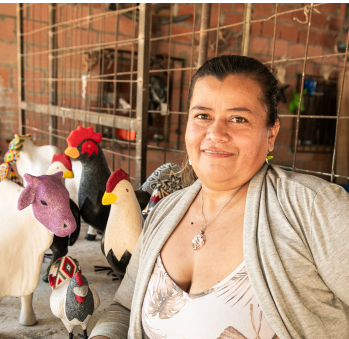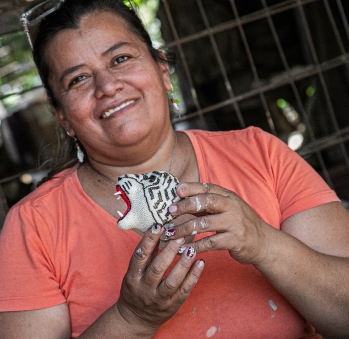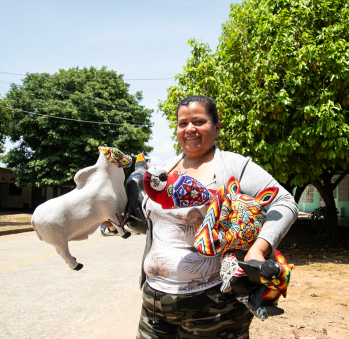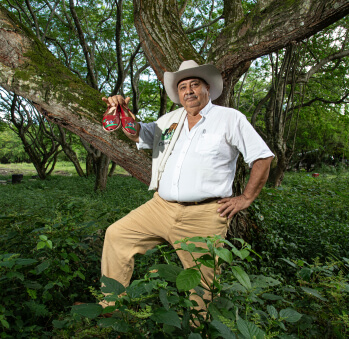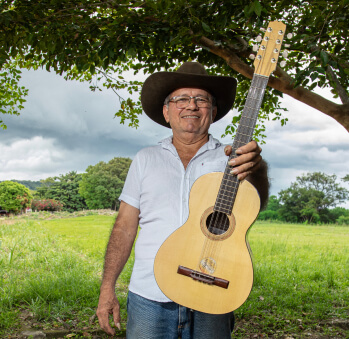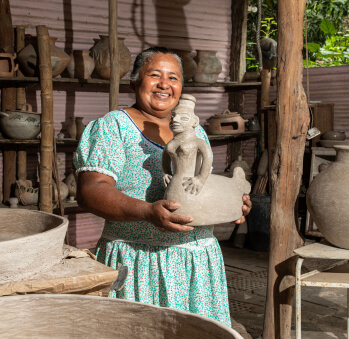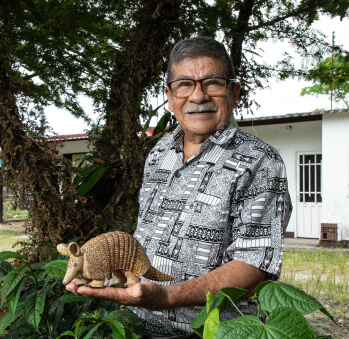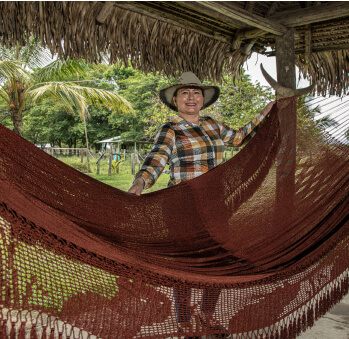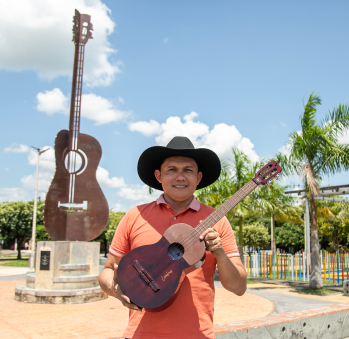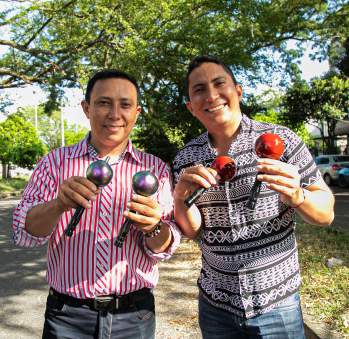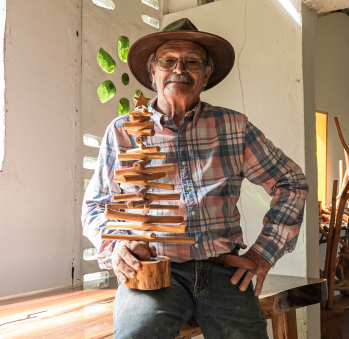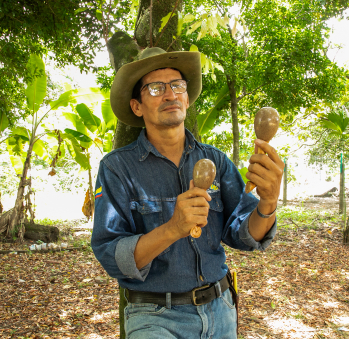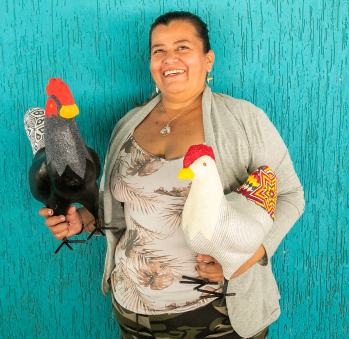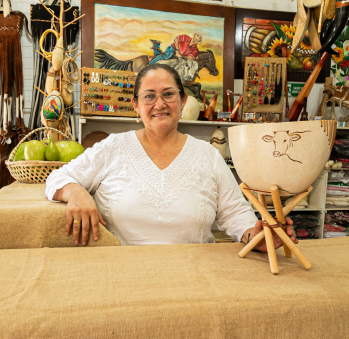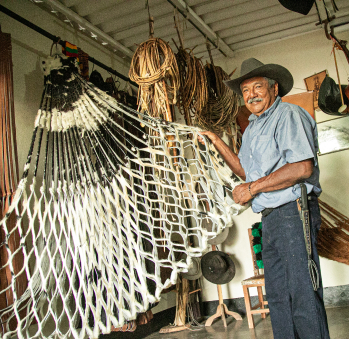Yaneth Rojas
Workshop: Kirigami
Craft: Trabajo en papel
Trail: Casanare Route
Location: Villanueva, Casanare
SCHEDULE YOUR VISIT
Carrera 6 # 5-63 Paraíso Alto, Villanueva, Casanare
3209003314
@kirigami.artesanias
This craftswoman, who prefers to be called Yaneth, carries the memories of her mother and grandmother weaving and making ceramics in their hometown of San Eduardo, Boyacá. They created these items at home for their daily needs and never considered them as crafts. Yaneth learned about these skills by observing them, and this knowledge became invaluable when she left home at the age of ten, moving from town to town—Tunja, Medellín, Bucaramanga, Cesar—searching for work. In many instances, her skills in embroidery, weaving, sewing, crochet, basketry, and ceramics saved her.
She eventually arrived in Casanare, following the family she lived with in Aguachica, Cesar, who had moved to the Llanos in search of job opportunities and prosperity. She asked to join them, and that’s how she ended up in a cotton crop. There, she not only earned a living but also met the father of her four children. She fell in love with him as she watched him weave chinchorro hammocks in the evenings and asked him to teach her the craft. They got married when she turned 18.
Life was never easy for Yaneth. She created various items—turtle-shaped doorstops, machine-sewn clothes, bags, weavings, and whatever was necessary to survive and provide for her family. Challenges intensified when her children graduated from high school, their father stopped supporting their undergraduate studies, and she was diagnosed with a severe cancer. She now tells her story with the strength of a survivor, remembering how difficult and painful those times were. What ultimately helped her persevere and discover inner strength was knowing she was responsible for her children. She sighs as she recalls how, at her weakest point, her children would bring her materials for working while she lay on the chinchorro.
You can say that papier-mâché saved her life. After being discharged by the doctors, in the midst of the fear she was experiencing, she decided to distract herself from thinking about death and started to crush and liquefy egg cartons. She aimed to recreate the turtles she used to make with rocks. Her mind became occupied, and she forgot the discomforts that came with her illness. She also figured out how to shape small horses that her children could sell to other mothers. With the joy the craft awoke in her, she slowly began to heal.
Later on, she enrolled in courses to improve her technique and participated in fairs, showcasing papier-mâché animals—cows, horses, capybaras, and buffalos, which are significant in the local economy due to their role as palm conveyors. Her group of artisans would eventually disband, and she would start a new project, featuring a different range of animals—bulls, rhinoceros, silkie chickens, and dewars native to the llanero plains. When the need for a new business name arose, she chose the term “”Kirigami,”” a fusion of two Japanese words that mean “”to cut”” and “”paste.”” The name also holds a special memory. Yaneth used to spell the Spanish word for “”road,”” “”camino,”” with a “”K.”” The first letter she shaped in clay was also a “”K.”” This seemingly incorrect letter carried a clear life meaning and showed her the path she should follow. This path has taken Kirigami far, crossing the sea and reaching Milan. It has also served as a refuge for other women who felt they had lost everything but, on the contrary, found themselves through their crafts.
Craft
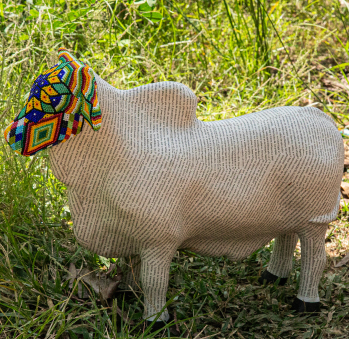
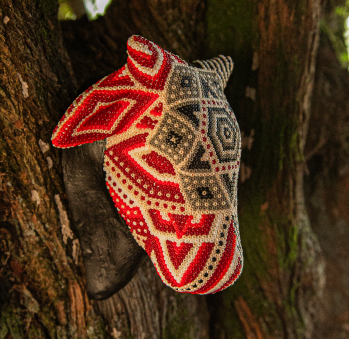
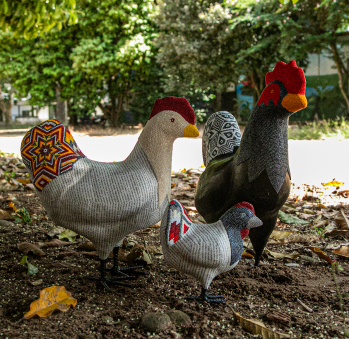
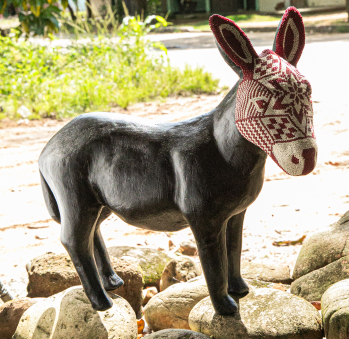
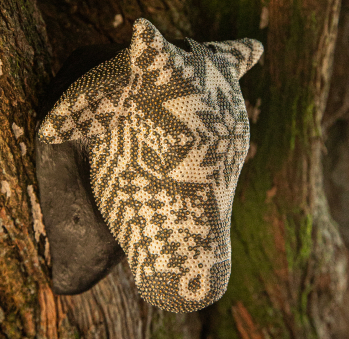
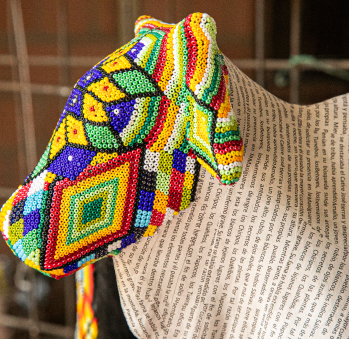
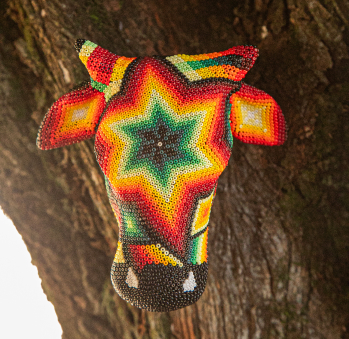
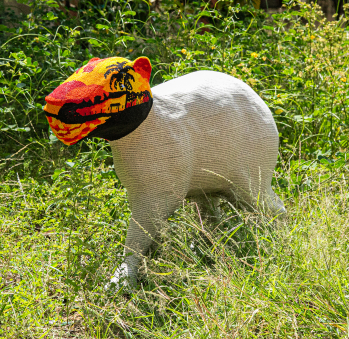
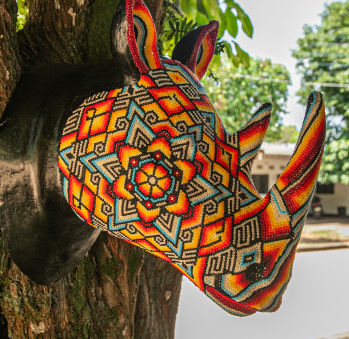
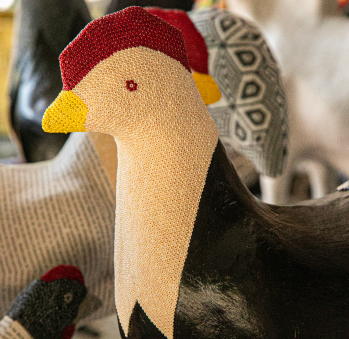










Artisans along the way
Artisans along the way
No puede copiar contenido de esta página

